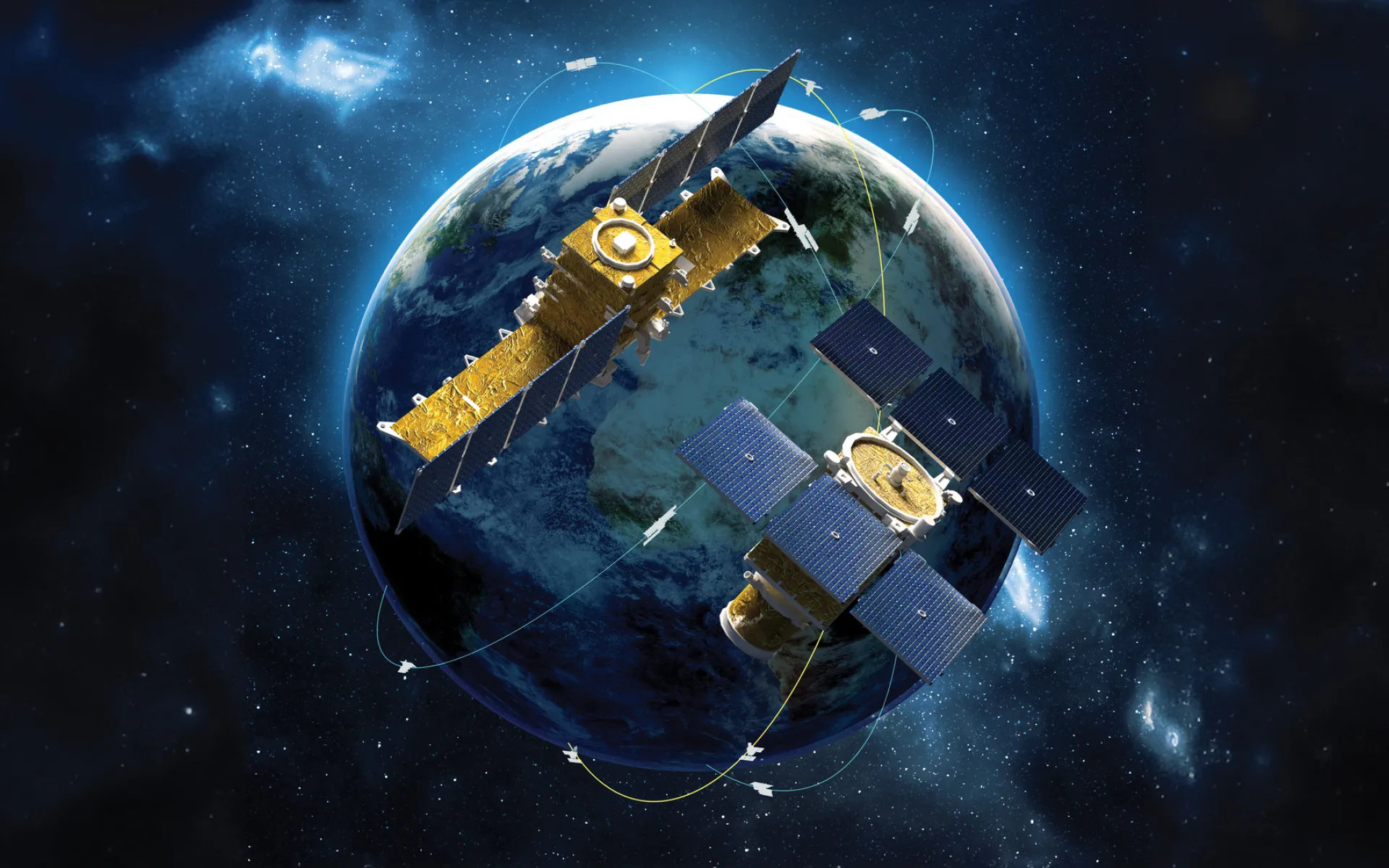Empowering startups to build the next generation of resilient satellite navigation technologies.
As part of StartCup Lombardia 2025, one of the three competitions of the Startup Days, Thales Alenia Space has established a €20,000 corporate award dedicated to innovative solutions for mitigating interference on GNSS receivers.
The initiative aims to foster the development of technologies capable of ensuring the reliability of satellite navigation systems and opening new application perspectives in strategic sectors such as mobility, security, and communications.
We asked Thales Alenia Space a few questions to explore the technological challenges and the opportunities available for startups and researchers.
What motivated you to establish this award within StartCup Lombardia, and what objectives do you hope to achieve through collaboration with startups and research teams?
As a leading company in the Italian aerospace sector, with a strong regional presence in Lombardy, we believed it was important to create an award designed to stimulate innovation in specific technological fields, leveraging local ecosystems with a strong technological vocation.
The expected industrial returns — particularly in “hot” areas such as the mitigation of interference on GNSS-based positioning receivers — aim to promote the development of resilient products and solutions against electromagnetic interference, whether unintentional or deliberate.
What are currently the main challenges related to interference and disturbances affecting GNSS receivers, and why is it so strategic to address them for the security and reliability of navigation systems? Which sectors are most involved?
The effects of interference on navigation systems based on global satellite positioning (GPS, Galileo, to name the best known) have a significant impact on our society.
Civil aviation, the automotive sector (increasingly reliant on artificial intelligence systems using GNSS for positioning), and infrastructure-intensive industries where precise timing is critical — such as banking (with transactions depending on accurate time synchronization) and the energy sector — are all areas where interruptions in navigation signal reception can lead to service disruption.
A few days ago, news emerged of the President of the European Commission being forced to land using backup systems because the onboard GNSS was unavailable due to “jamming” (intentional electromagnetic interference) in or near conflict zones.
The ability to counter these disturbances is therefore essential to maintaining the smooth operation of activities now considered “normal,” whose interruption would have unforeseen consequences. Global monitoring of intentional interference levels in specific regions has now become a routine service, something unimaginable just a few years ago.
How can AI and machine learning techniques help identify and neutralize interference on satellite signals compared to traditional approaches?
Artificial Intelligence and Machine Learning technologies are now able to learn from large datasets and predict future behaviors, often in unexpected and non-linear ways.
In this context, these technologies can potentially identify the “fingerprints” of an attack aimed at disrupting GNSS-based positioning systems and deploy countermeasures to increase the resilience of systems targeted by such attacks.
Which sectors (mobility, defense, telecommunications, space, intelligent transport) will benefit the most from new GNSS protection and resilience solutions?
Sectors such as mobility (maritime, aviation, and road transport), energy, and finance (stock markets, banking, etc.) are those that could most directly benefit from innovation in interference mitigation, since they all rely, in one way or another, on GNSS positioning systems.
As a company with a strong space-oriented focus, Thales Alenia Space has also identified several space-related applications — from protecting satellite guidance systems to securing reference stations that monitor navigation systems, with particular attention to the Galileo system.
What kind of contribution do you expect from startups and research teams participating in the challenge? Are there specific technological areas or innovative approaches you consider particularly promising?
We are open to all possible approaches to the proposed topic.
However, the expected outputs should fall within technological innovations that can be implemented today, or, alternatively, include a realistic roadmap to make such technologies deployable within a reasonable timeframe.
Looking ahead, how do you see the evolution of satellite interference mitigation technologies, and what role could Thales Alenia Space play in developing collaborative ecosystems between corporates, universities, and startups?
We firmly believe that collaboration between industry, universities, and startups is essential to maintaining a “healthy” Italian industrial ecosystem capable of sustainable growth in the medium term (5–10 years).
For this reason, Thales Alenia Space aims to play a central role and, through initiatives such as StartCup Lombardia, promote strong collaboration among these key players.
Finally, what advice would you give to startups applying for this award?
We encourage candidates to be innovative, disruptive, and to apply a good dose of lateral thinking.
This is the best way to develop solutions that are not only useful but truly forward-looking in a field that — due to the current geopolitical context — we are increasingly facing and will continue to face in the future.
Good luck to all!





